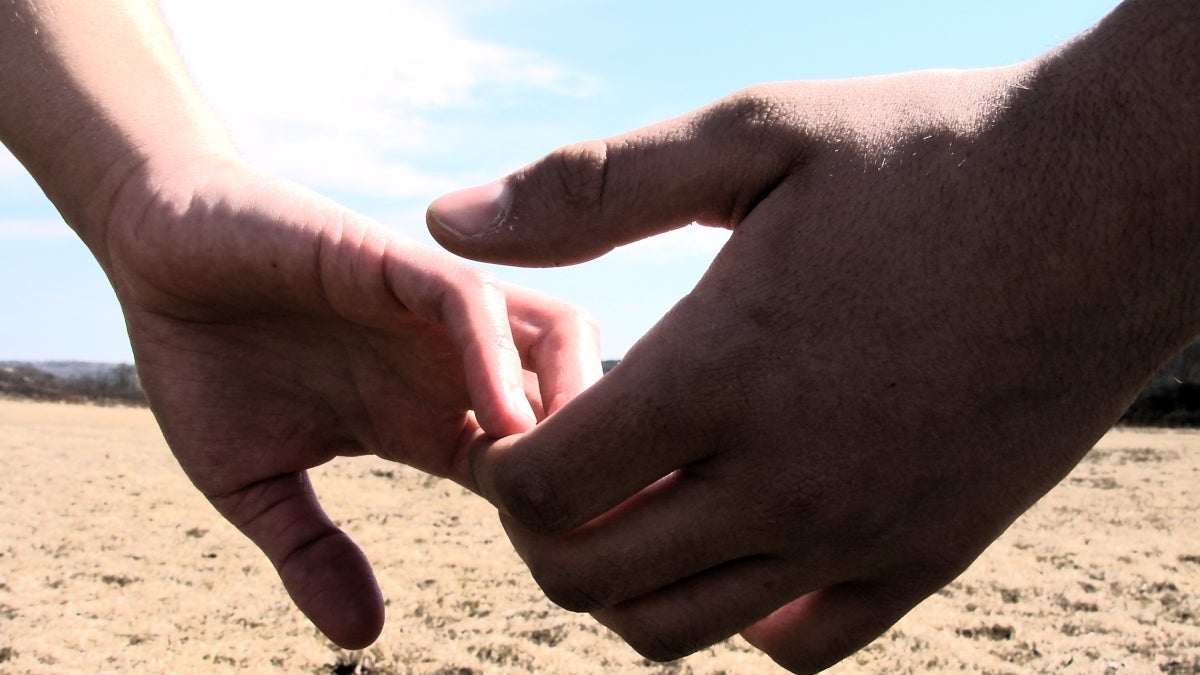Faculty member to study sexual orientation in psychotherapy

How psychotherapists define and use sexual orientation in talk therapy will be the focus of a study recently awarded $60,000 from the National Science Foundation (NSF).
Patrick Grzanka, Honors Faculty Fellow at Barrett, The Honors College at Arizona State University, and Joe Miles, assistant professor of psychology at the University of Tennessee, are co-investigators for the study, which was funded by the Science, Technology and Society Program at the NSF. Under Grzanka’s direction, a group of undergraduate students from Barrett – called the Social Action Research Team – will assist with the study. A graduate research assistant from University of Tennessee also will participate.
According to Grzanka, the study will consist of the qualitative analysis of a recently released online archive of 20 educational videos that involve the topic of sexual orientation. The videos contain more than 1,200 minutes of actual psychotherapy sessions, simulated psychotherapy sessions, and documentary-style clips about sexuality and mental health. Professional psychologists developed the films to train other psychologists about sexual orientation issues in psychotherapy, also called “talk therapy.”
Grzanka said the films offer rare insight into how psychotherapists think about sexual orientation as a mental health issue or problem, and how they treat clients who have sought psychological help about sexuality and identity.
The study seeks to contribute to science and technology studies (STS) knowledge about psychology as an applied science. Grzanka and Miles will explore, using rigorous qualitative analyses, how therapists and their clients produce ideas about sexual orientation together, drawing on both scientifically grounded and cultural knowledge about what sexual orientation is and why it is connected to mental health. They also will explore the intersections of sexuality, as an object of psychological science, with other dimensions of identity, including race, gender and religion.
“We think our study will address some important questions in sociology of science, gender studies and lesbian, gay, bisexual and transgender (LGBT) studies about why sexual orientation has become such an important part of the practice of psychological science in the United States,” Grzanka said, adding that findings from the research also could have the potential to improve training of psychotherapists.
Grzanka said he and Miles will present their initial research findings at the National Women’s Studies Association conference in November in Oakland, Calif., and at an upcoming annual convention of the American Psychological Association. They also will write articles about their research for science and technology studies journals as well as develop a searchable database of relevant literature at socialactionrt.org.